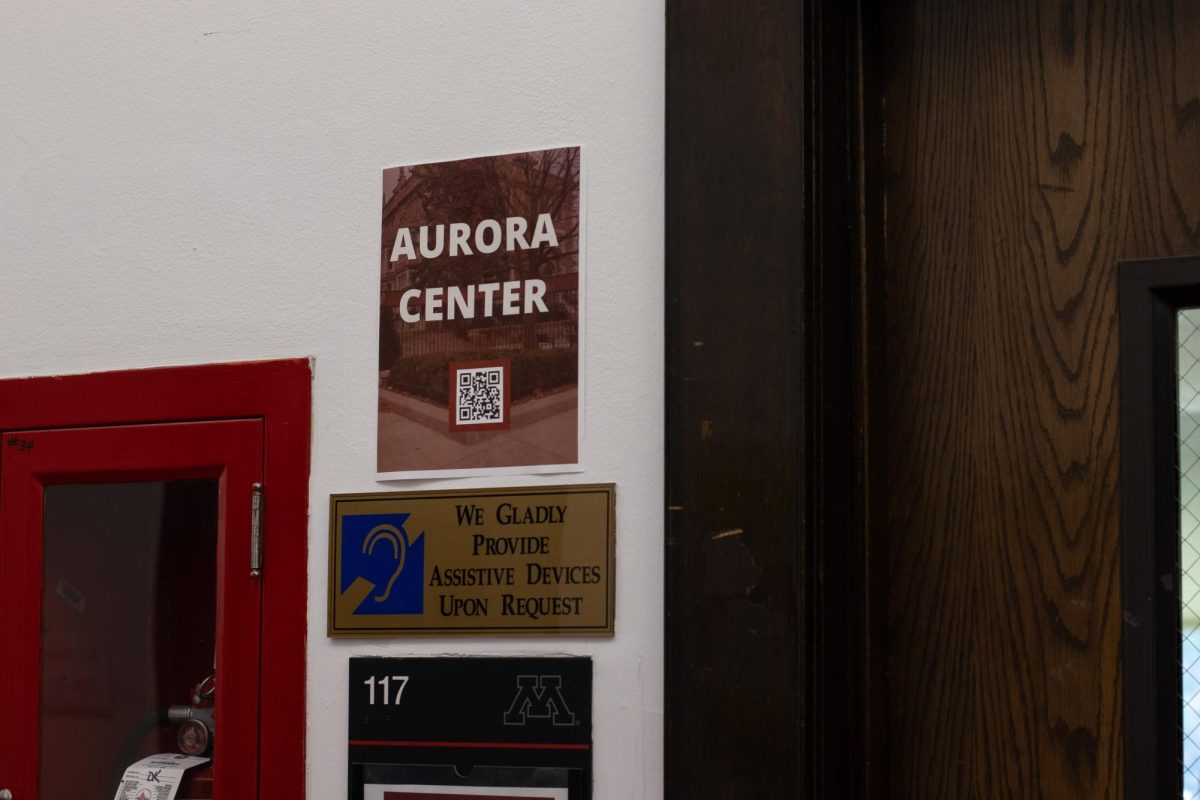Iraq. Bush. Hussein. It’s rather obvious where the country’s attention has been focused over the past few months.
But while the hostilities in Iraq have escalated, ensnaring the attention of the world’s leaders and press, a rather serious health epidemic has been brooding in Asia that has already claimed more lives than the war.
The illness
The illness, which is sure to become more publicized in the coming days and weeks, is known as severe acute respiratory syndrome. It is a respiratory illness which is not well-understood by many authorities. According to the World Health Organization and the Centers for Disease Control and Prevention, its symptoms include a fever, followed by a dry, nonproductive cough which, in 10 percent to 20 percent of its cases, deprives the body of oxygen to the point that mechanical ventilation is required.
The fatality rate for the disease is at 3 percent, which is not a devastating figure all by itself. The real problem is that both the WHO and the CDC are still not sure how the disease is spreading so quickly, how its contagious nature can be sufficiently combated and how the illness can be cured or subdued.
All materials on the matter do point to two facts: The disease is spreading rampantly, and it is acquired by either those who live in China, Hong Kong, Singapore and Vietnam, or those who have interacted with people from that portion of the world.
Officials believe the disease is airborne and being spread through the coughs of infected individuals. Most alarming is that even the CDC, on its Web site (www.cdc.gov), admits that SARS could be spread through additional airborne methods that have not yet been identified.
Now, I am not one to panic easily. The killer bees that supposedly were to hit the United States a few years back, the West Nile Virus – all of these were overreactions and exaggerations. But SARS, through its rapid proliferation around the world, requires an immediate and dramatic response from the global scientific community.
Over the weekend, within a period of 24 hours, reported cases increased by 63 (a 2.7 percent increase) and reported deaths increased by five (a 6 percent increase). These alarming increases occurred within a single day. The total number of SARS cases thus far has reached 2,600, with deaths landing in the range of 100. The most disturbing number, however, is the number of countries with reported cases. Since its outbreak in the four countries mentioned above, SARS has spread to 19 countries in less than a month. It seems to be spreading faster than authorities can predict or monitor.
The WHO officer who diagnosed SARS ended up dying from the disease – obviously underestimating the potency of his discovery. Last week, a plane was quarantined in San Jose after four passengers reported symptoms of the SARS illness. Air travel personnel are requesting special protection to guard against the disease. President George W. Bush signed an order last Friday adding SARS as one of the communicable diseases that permit quarantine of individuals. Students studying abroad are being called home amid SARS fears. And the National Institutes of Health is rushing to analyze the illness and develop a vaccine.
In short, SARS is a disease that shows no evidence of dissipating, nor any evidence of being fully understood. This is due, in part, to the government of China, which denied the WHO’s urgent requests for access to the area of the first infection. No one is quite sure why China was so reticent to cooperate with the international community, but WHO agents were only allowed access to the Chinese city of Guangzhou – the suspected origin of SARS – last weekend.
Appropriate response
While the potency and contagious nature of SARS is fearsome enough, even more worrisome is the response of the United States to this exploding crisis.
Most important, why has the U.S. State Department not released a strongly worded travel advisory in regards to China and the surrounding area? As of now, the State Department has merely released a travel warning encouraging citizens to “defer non-essential travel.” Given the proliferation and the spread of SARS, I believe the U.S. government should be taking a far firmer stance on travel into these “hot” regions, and should perhaps even close embassies and evacuate key U.S. personnel.
In the same vein, public travel to Hong Kong and China should be greatly restricted. In an editorial last week, the Wall Street Journal said commercial air flights to China should be halted, and I agree. If SARS is so significant a concern that the president is issuing quarantine orders, planes are being held up on runways and the WHO and CDC are saying the disease is being spread mostly due to international travelers, it is time to regulate the traffic to those regions of the world. Anything short of these restrictions risks inflaming an already dangerous situation.
China should also be severely rebuked for its uncooperative nature. While WHO officials are now finally in the right part of the country, there has still been no official word as to the helpfulness of the Chinese government or its health officials. And yesterday, Time magazine reported China’s Ministry of Health might be severely downplaying the nation’s SARS figures. Why is China being, at best, evasive and, at worst, deceptive? Should the world be suspicious of their behavior? Is there something deeper occurring, or is this simply the government’s glaring lack of concern over its citizens and the spread of a deadly disease around the world?
Viewing the spread of SARS, both in terms of time and geography, it is easy for one to classify it as something far more serious and noteworthy than other recent health scares. This is a real issue that should be generating real concern. And while most eyes are fixated on the Middle East, it would be nice to know that more eyes are being diverted westward at a looming danger on the horizon.
Is there a reason to panic? Goodness, no. But there is reason to demand more from the ineffective and hostile Chinese government, to expect more from the public organizations created to monitor public health and to hope for some aggressive, proactive measures from our administration.
Steve Snyder’s biweekly column appears Wednesday. Send letters to the editor to letters@mndaily.com







